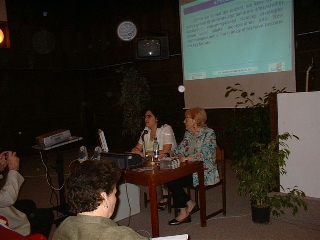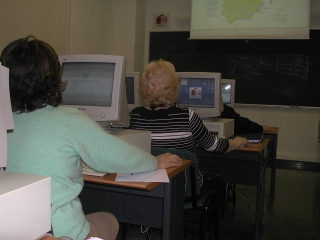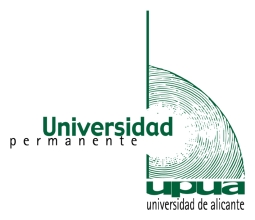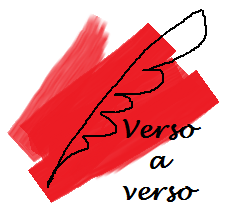
The University of Alicante, through the Universidad Permanente Programme, incorporated into the European NICT learning projects for seniors in 2005.
Before the challenge of facilitating Internet access for most Europeans stood a reality where a considerable number of European senior citizens risked being left out of this technological development. Age was an evident exclusion factor at the end of the past century.
EuCoNet (European Computer Network) was born in 2005 with this specific objective. It was a project sponsored by the European Community within the framework of the Socrates-Grundtvig Programme and created to facilitate access to the Internet, especially for older adults.
This project involved older adult students coming from the universities of Ulm (Germany), Brno and Prague (Czech Republic), Glasgow (Scotland/UK), Vicenza (Italy), Bratislava (Slovakia) and Alicante (Spain), and had as its goal to contribute to the solution of this problem.
The said EuCoNet project served to undertake numerous research studies, as well as to develop methodological analyses along with methodological and didactic experiments, for the purpose of designing materials, tools, learning systems and good practices, as well as courses specifically designed for senior citizens who wished to learn to use the new technologies. This has allowed seniors to exchange their basic knowledge regardless of time- and space-related circumstances, and within the framework of the new technologies. Multimedia systems, blended learning, virtual classrooms and authorised learning projects have been the keys of EuCoNet.
With this aim in mind, the different national groups included in the project worked in close collaboration via Internet, using already existing channels or creating new ones. The instructors for these courses and good practice models were recruited among the most advanced older adult students.

As one of the first steps, the Project organisation additionally released a whole series of publications meant to encourage the senior population to use the Internet. These informative campaigns were developed with the help of all the available mass media, i.e. newspapers, radio and television, seeking to ensure a wide dissemination of the message.
In some countries, cybercafés as well as seniors’ associations served to spread this information even more widely. The informative brochures and CD-ROMs specifically designed to cover the needs of this population segment equally contributed to achieve this aim.
The activities resulting from the Euconet Project have largely increased in terms of both frequency and intensity during the last few years. In this way, the sponsors of the project have managed to reduce the fears and reservations which used to prevent the European senior population from taking advantage of the multiple applications of computers. Likewise, an effort was carried out to make people with limited mobility aware of the great possibilities to overcome their difficulties to move around and, therefore, to be up to date in terms of training, education, and communication, and to avoid the growing isolation suffered by aged and disabled people in modern society.
In short, EuCoNet has sought to connect senior citizens, both virtually and physically, so that they can themselves have the capacity to communicate with one another making use of the new technologies. And in a wider, more international sense, the achievement of those goals through the EuCoNet Project has served not only as a bridge between the different generations but also as a connecting link between people from the diverse European cultures.
A direct outcome of this project was the innovative initiative — the EuCoNet Club— set in motion during the 2003-04 academic year thanks to the efforts of a group of voluntary students of the Universidad Permanente of the University of Alicante who formed part of the EuCoNet international work and research group, the objective of which was to help UPUA students to become familiar with computer use. The practical results of the project have been highly valued by the European Union as an example of good practice in a report released in 2007.
The main objective was to help other students interested in approaching the New Technologies and, above all, the project was oriented to all students wishing to start working with computers as well as to those who wanted to solve specific problems, and more importantly, to overcome their fear of computers.
The EuCoNet Project Website (European Computer Network)







